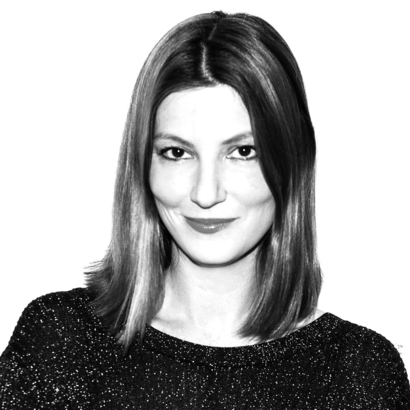Natalie Massenet has a knack for predicting the future. In 2000, when people still carried beepers and seven years before the release of the first iPhone, she launched Net-a-Porter on the Bezos-like hunch that, one day, online shopping for designer fashion would become not only a booming business but, among a certain crowd, a blood sport.
But it’s safe to say she didn’t see this one coming. In a lawsuit filed on Thursday in a California civil court, Massenet accused Erik Torstensson, her partner of 14 years in life and work, of leading a “rampant” double life replete with prostitutes, alcoholism, drug use, and exorbitant spending.


